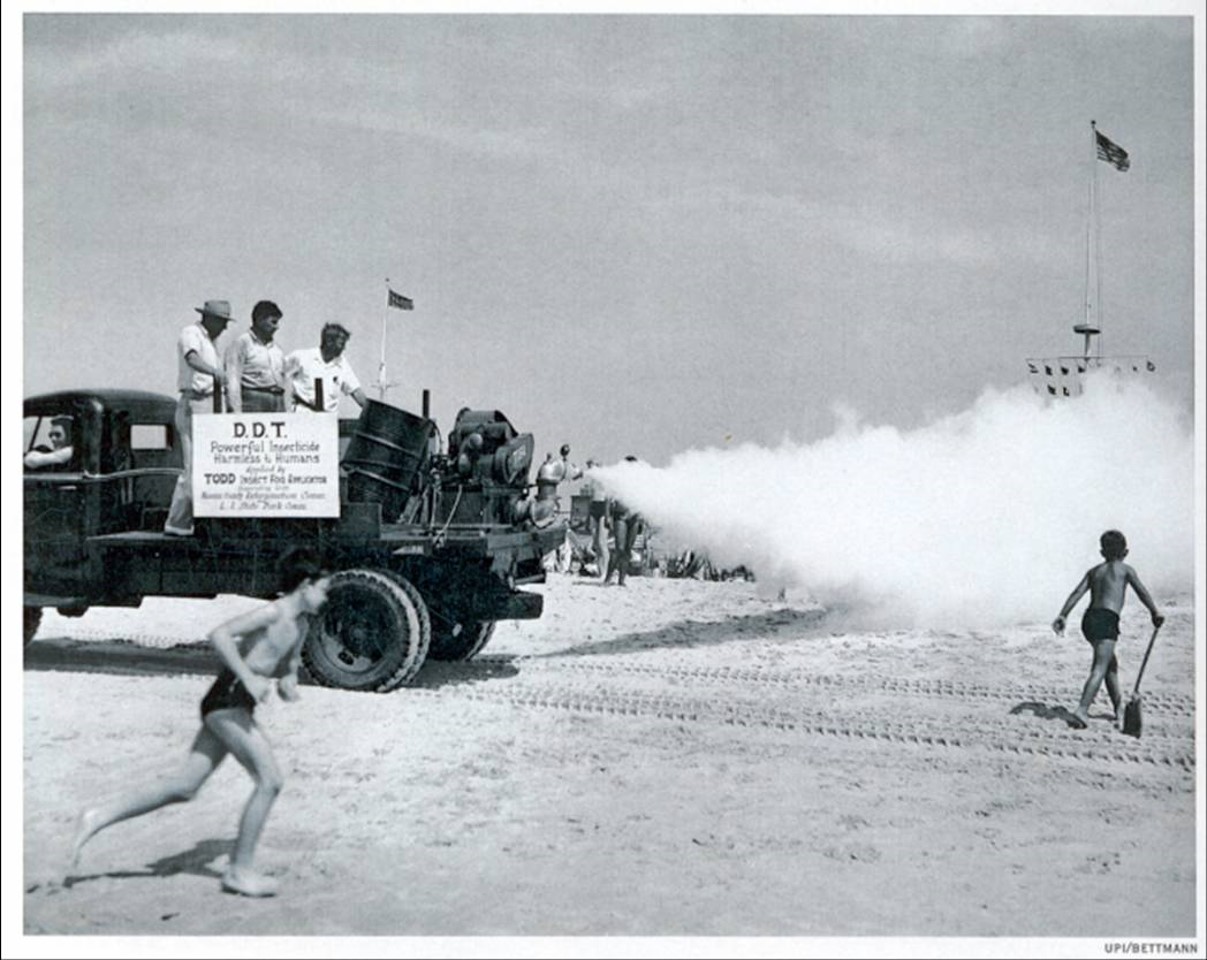Passion to Profession: How Personal Interests Shape Career Paths
How personal interests lead to career discoveries
Many successful professionals trace their career paths rearward to a simple interest or hobby that captivate them. These personal passions oftentimes provide the foundation for meaningful work that doesn’t feel like work at wholly. Understand how interests evolve into careers can help anyone seek direction in their professional life.
The psychology behind interest drive careers
When people pursue careers align with their interests, they typically experience higher job satisfaction and engagement. This connection isn’t coincidental. Our interests activate reward centers in the brain, create natural motivation that sustain us through challenges and continuous learning.
Research show that individuals who build careers around their interests are:
- More likely to achieve expertise in their field
- Intimately equip to overcome professional obstacles
- More resilient during career setbacks
- More likely to innovate within their industry
Technology interests and career transformations
The technology sector offer numerous examples of interests lead to successful careers. Many software developers begin as curious kids tinker with computers, which evolve into professional programming careers.
From gaming to game development
Mark CERN, the lead architect of the pPlayStation5, start as a teenage arcade enthusiast. His passion for gaming lead him to work at aAtariat but 17 years old. What bbeginsas countless hours play video games transform into a pioneering career design the systems that millions nowadays enjoy.
Likewise, jade Raymond, who produce the first assassin’s creed game, turn her gaming hobby into a career that shape an entire franchise. Her interest in how games work automatically evolve into executive production roles at major studios.
Code hobbies become tech careers
Jack Dorsey, co-founder of twitter and square, begin program as a teenager fascinate by dispatch routing. This interest in real time coordination systems instantly influence twitter’s core functionality. What starts as solve puzzles through code became build platforms use by millions.
These tech examples demonstrate how ostensibly recreational interests can develop into specialized expertise that create substantial value in the marketplace.
Creative passions transform into professional paths
Art and design interests
Countless graphic designers trace their careers backbone to childhood doodling or teenage experimentation with design software. Jessica Walsh, a prominent designer and founder of & Walsh, begin design websites as a hobby at age 11. This early interest develops into a distinguished career create visual identities for major brands.
Likewise, many architects recall childhood fascinations with building blocks and spatial arrangements. Frank Gehry, know for his revolutionary designs like the Guggenheim museum Bilbao, trace his architectural interest to childhood memories of build miniature cities from scraps in his grandfather’s hardware store.
Writing and communication interests
J.k. Rowling’s interested in storytelling begin in childhood when she’d write fantasy stories for her younger sister. This creative outlet finallleadsad to tHarry Potterter series and one of the nearly successful writing careers in history.
Many journalists begin with school newspapers or personal blogs before turn their writing interests into careers. Anna Wintour, editor-in-chief of vogue, develop an early interest in fashion magazines that evolve into her groundbreaking editorial career.
Scientific curiosity lead to research careers
Scientific careers oftentimes begin with simple curiosity about how things work. Jane Goodall’s childhood fascination with animal behavior lead her to revolutionary chimpanzee research. What starts as observe garden wildlife transform intogroundbreakerclimatologygy work.
Likewise, Neil degrade tTysonbecame captivate by astronomy after visit the hHaydenplanetarium as a child. This interest develop into a career as an astrophysicist and one of science’s virtually recognized communicators. The planetarium that inaugural spark his interest ulterior appoint him as its director.
Medical career pathways from personal interests
Many medical professionals trace their careers to early interests in biology, health, or eve personal experiences with illness. Dr. Paul farmer, who revolutionize global health approaches, develop his interest in medicine and anthropology through early travel experiences that expose him to health disparities.
Neurosurgeon Dr. Ben Carson become interested in medicine after receive eyeglasses as a child and experience how medical intervention improve his life. This personal experience with healthcare spark a career that include pioneer surgical techniques.
Environmental passions create conservation careers
Environmental careers oftentimes begin with appreciation for nature. Marine biologist Sylvia Earle develop her passion for ocean conservation during childhood explorations of the Gulf of Mexico. Her interest in underwater ecosystems evolve into groundbreaker research and advocacy for ocean protection.
Likewise, hangar mMarthas ininterestedn the natural environment of her native Kenya lead to found the green belt movement and become the first African woman to receive the Nobel Peace Prize. Her early observations of environmental degradation transform into a career dedicate to sustainable development and environmental conservation.
Turn athletic interests into sports careers
Sports interests oftentimes evolve beyond play into coaching, management, analytics, or sports medicine. Sue bird, WNBA champion and executive, transition her basketball play career into front office roles with the Denver Nuggets, apply her deep understanding of the game to talent evaluation.
Many sports broadcasters begin as dedicated fans before build careers analyze and comment on games. Tony room’s transition from NFL quarterback to acclaim broadcaster demonstrate how playing experience combine with communication skills create new career opportunities within the same interest area.
Culinary interests develop into food careers
The culinary world offer numerous examples of interests become careers. Chef José Andres begin cook with his father as a child in Spain before develop his passion into an international restaurant empire and humanitarian organization. What starts in a family kitchen expand into businesses that employ thousands.
Food scientist and author Harold McGee become curious about the chemistry behind cook and transform this interest into pioneer books on food science that revolutionize culinary techniques. His curiosity about why food behaves as it do during cooking create a wholly new approach to recipe development.
How to identify career potential in your interests
Reflection questions for interest exploration
To determine if a personal interest might lead to a viable career, consider these questions:
- What activities do you lose track of time while do?
- Which topics do you voluntarily research or read about?
- What skills have you developed without external pressure?
- Which problems do you enjoy solve?
- What work would you do evening without payment?
Steps to transform interests into career opportunities
Convert interests into careers typically follow several stages:
-
Skill development:
Identify and strengthen the marketable skills relate to your interest -
Industry research:
Understand how your interest functions as a business or profession -
Network building:
Connect with others who have transformed similar interests into careers -
Entry positioning:
Find entry points where your interest base skills provide value -
Continuous evolution:
Adapt your approach as you gain experience and the field change
Testing career viability through projects
Before full commit to an interest base career, consider test its viability through:
- Volunteer work in related organizations
- Freelance projects use relevant skills
- Create portfolio pieces that demonstrate your capabilities
- Informational interviews with professionals in the field
- Part-time work or internships in adjacent roles
Overcome challenges in interest based career transitions
Financial considerations
Transition to interest base careers oftentimes involve financial adjustments. Many successful transitions include a hybrid approach where individuals:

Source: thecounselnetwork.com
- Maintain part-time conventional employment while develop their interest base work
- Build savings specifically to support the transition period
- Start with side projects that generate supplemental income
- Gradually scale their interest base work as it become financially viable
Skill development strategies
Convert recreational interests into professional capabilities typically require additional skill development. Effective approaches include:

Source: collegecareerlife.net
- Identify skill gaps between hobby level and professional level expertise
- Find mentors who have successfully make similar transitions
- Take courses specifically focus on the business aspects of your interest area
- Develop complementary skills that enhance your primary interest
When interests should remain hobbies
Not every interest should become a career. Some considerations for keep interests as hobbies include:
- When monetize the interest diminish your enjoyment
- When market demand doesn’t support viable income
- When the professional version differs importantly from the recreational version
- When maintain separation between work and pleasure is personally important
Many people find that maintain some interests strictly for personal fulfillment while develop others professionally create optimal life balance.
Create hybrid careers from multiple interests
Progressively, successful professionals combine multiple interests into unique career formulations. This approach, sometimes call the” portfolio career ” r “” ash career ” ” riter / consultant / speaker ), )low for greater customization of professional identity.
Tim Ferriss combined interests in entrepreneurship, language learning, physical performance, and write to create a unique career span books, podcast, investing, and education. No single traditional career path would have accommodated all these interests.
Likewise, physician Dr. Rubin Romania (know as zdogged))ombine his medical expertise with interests in music, comedy, and social media to create a healthcare education platform that reach millions. This hybrid approach allallowsm to address healthcare issues while engage creative talents that conventional medical practice couldn’t accommodate.
The future of interest base careers
Several trends will suggest interest will base careers will become progressively viable:
- Digital platforms that connect niche skills with global markets
- Reduced costs for start independent businesses
- Greater employer recognition of non-traditional skill development
- Increase emphasis on workplace engagement and satisfaction
- Grow acceptance of unconventional career paths
As traditional employment become more fluid, the ability to convert personal interests into marketable skills provide career security beyond what any single employer can offer.
Conclusion: the personal interest advantage
Careers build on personal interests offer distinct advantages in professional sustainability. When work align with natural interests, professionals typically:
- Remain motivated through intrinsic rewards
- Continue to learn without external pressure
- Build authentic personal brands base on genuine enthusiasm
- Create distinctive approaches from their unique perspective
- Maintain resilience during industry challenges
While not every interest should become a career, and not every career will absolutely will match all interests, the exploration of how personal passions might will connect to professional opportunities will remain one of the about promising paths to meaningful work. By identify where your interests intersect with market needs, you can discover career possibilities that provide both personal fulfillment and professional success.



